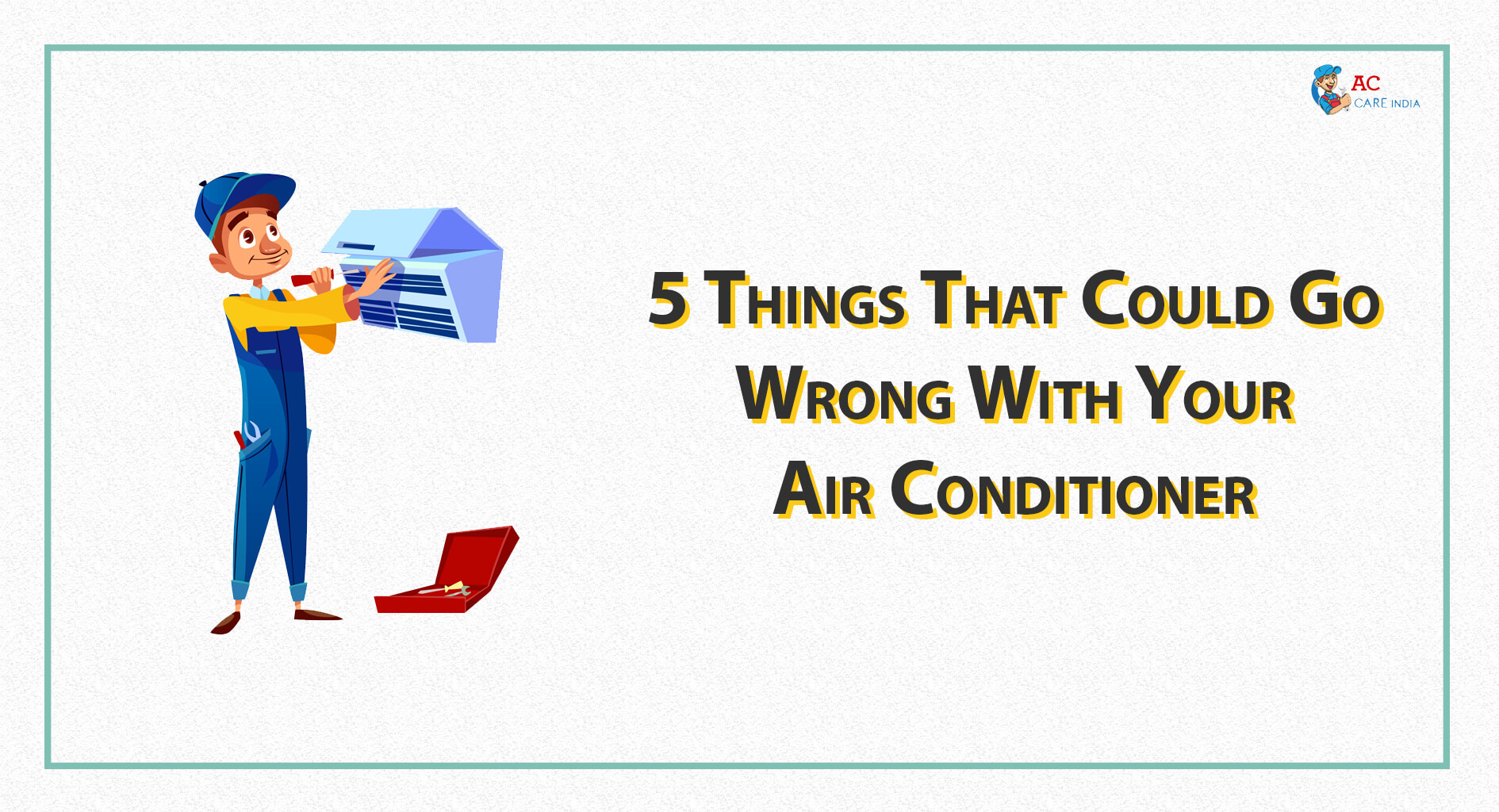Introduction
Table of Contents
Your air conditioner is your best friend during hot summer months. It keeps your home comfortable, regulates indoor humidity, and helps improve air quality. But like any machine, an AC unit is prone to problems, especially when it’s overworked or poorly maintained. Ignoring small issues can quickly lead to expensive breakdowns.
If your filter is clogged, then it is very much possible that your fins are also. You need to take a brush and clean the fins quite often so that they can keep working efficiently and provide you with cold air. Your nearby AC repair center will also always have your back no matter what. However, there are a lot of different parts in your AC so almost everyone prefers to hire professionals such as prolecelectricalanddataservice
In this guide, we’ll explore five common air conditioner problems, their warning signs, causes, and most importantly — what you can do about them. Whether you’re a homeowner or a tenant, these insights can help you stay cool and prevent costly repairs.
1. Refrigerant Leaks
🚨 What’s Going Wrong:
If your AC isn’t cooling properly, a refrigerant leak could be the culprit. Refrigerant is the substance that cools the air inside your home. Low levels reduce efficiency and strain the entire system.
🔍 Signs of a Refrigerant Leak:
-
Warm air blowing from vents
-
Ice on the evaporator coil
-
Hissing or bubbling noises
-
High electricity bills
🛠️ What Causes It:
-
Corroded coils or lines
-
Factory defects in the system
-
Poor installation
-
Vibration and wear over time
✅ Solution:
Call a certified HVAC technician to locate and repair the leak. Simply topping off refrigerant is a temporary fix. The system should be sealed properly and recharged with the correct amount of refrigerant (often R-410A or R-22 depending on the model).
2. Frozen Evaporator Coils
🚨 What’s Going Wrong:
The evaporator coil is responsible for absorbing heat from your home. When it freezes, it blocks airflow and reduces the system’s ability to cool.
🔍 Signs of a Frozen Coil:
-
AC not blowing cold air
-
Ice visible on indoor components
-
Water leaks around the air handler
-
Strange noises during operation
🛠️ What Causes It:
-
Dirty air filters
-
Blocked vents or returns
-
Low refrigerant levels
-
Fan problems or thermostat issues
✅ Solution:
Turn off the unit to allow the coil to thaw. Then:
-
Replace or clean your air filters
-
Ensure vents are open and unobstructed
-
Schedule a maintenance check to inspect refrigerant and airflow
3. Electrical Control Failures
🚨 What’s Going Wrong:
Your air conditioner turns on and off frequently or fails to start at all? The problem might be in the electrical components such as capacitors, relays, or the control board.
🔍 Signs of Electrical Failure:
-
AC won’t turn on
-
Frequent cycling
-
Unusual clicking or buzzing
-
Blown fuses or tripped breakers
🛠️ What Causes It:
-
Power surges
-
Frequent on/off cycles
-
Corrosion or aging of wires and terminals
-
Faulty thermostat
✅ Solution:
An electrician or HVAC technician should inspect the system. They may need to replace the capacitor, contactor, or other components. Surge protectors can help prevent future damage.
4. Drainage Issues and Water Leaks
🚨 What’s Going Wrong:
If water is leaking around your AC or pooling near the indoor unit, there’s likely a problem with the condensate drainage system.
🔍 Signs of Drainage Issues:
-
Water puddles around the indoor unit
-
Mold or mildew smell
-
Overflowing drain pan
-
AC shutting off unexpectedly
🛠️ What Causes It:
-
Clogged drain line (common with algae or dirt)
-
Cracked or damaged drain pan
-
Improper installation
-
Frozen coils causing melting ice to overflow
✅ Solution:
Flush the drain line with vinegar or bleach to remove blockages. For serious issues, call a technician to repair or replace damaged parts. Regular cleaning can prevent mold buildup.
5. Thermostat Malfunctions
🚨 What’s Going Wrong:
The thermostat is the brain of your AC system. If it’s not working correctly, your unit may fail to maintain temperature or turn on/off at the wrong times.
🔍 Signs of a Faulty Thermostat:
-
Temperature doesn’t match settings
-
AC runs constantly or not at all
-
Display is blank or unresponsive
-
Uneven cooling across rooms
🛠️ What Causes It:
-
Dead batteries
-
Loose wiring
-
Outdated or faulty thermostat
-
Placement near windows or heat sources
✅ Solution:
Replace batteries or recalibrate the thermostat. If issues persist, consider upgrading to a programmable or smart thermostat for better control and energy savings.
Bonus: Maintenance Checklist to Prevent AC Problems
🧹 Every Month
-
Clean or replace air filters
-
Inspect indoor and outdoor units for visible dirt or debris
🛠️ Every Season
-
Clear outdoor debris (leaves, grass) around condenser
-
Test thermostat and battery function
-
Check for odd smells or unusual noises
🧑🔧 Annually
-
Schedule a professional tune-up
-
Inspect refrigerant levels and electrical connections
-
Clean evaporator and condenser coils
Frequently Asked Questions (FAQs)
❓ Why is my AC running but not cooling?
This could be due to low refrigerant, a dirty air filter, or frozen coils. Always start by checking the thermostat and filter before calling a technician.
❓ How often should I service my air conditioner?
A professional service once a year (preferably before summer) ensures your AC runs efficiently and avoids costly breakdowns.
❓ Is it safe to use AC when it’s making noise?
Unusual noises like grinding, hissing, or clicking are red flags. Turn off the unit and get it checked to prevent further damage.
❓ What temperature should I set my AC to?
For comfort and energy savings, keep your thermostat between 24°C (75°F) and 26°C (78°F) when you’re home.
❓ Can I clean my AC coils myself?
While basic cleaning is possible with coil cleaners and gentle brushing, deeper cleaning and refrigerant-related tasks should be left to professionals.
Conclusion
Your air conditioner works hard to keep your home cool — but small problems can quickly become big expenses if left unchecked. By knowing these five common AC issues and addressing them early, you can save money, stay comfortable, and extend your system’s lifespan.
Regular maintenance, timely repairs, and attention to warning signs are key to a healthy HVAC system. And remember — when in doubt, call a qualified technician.

